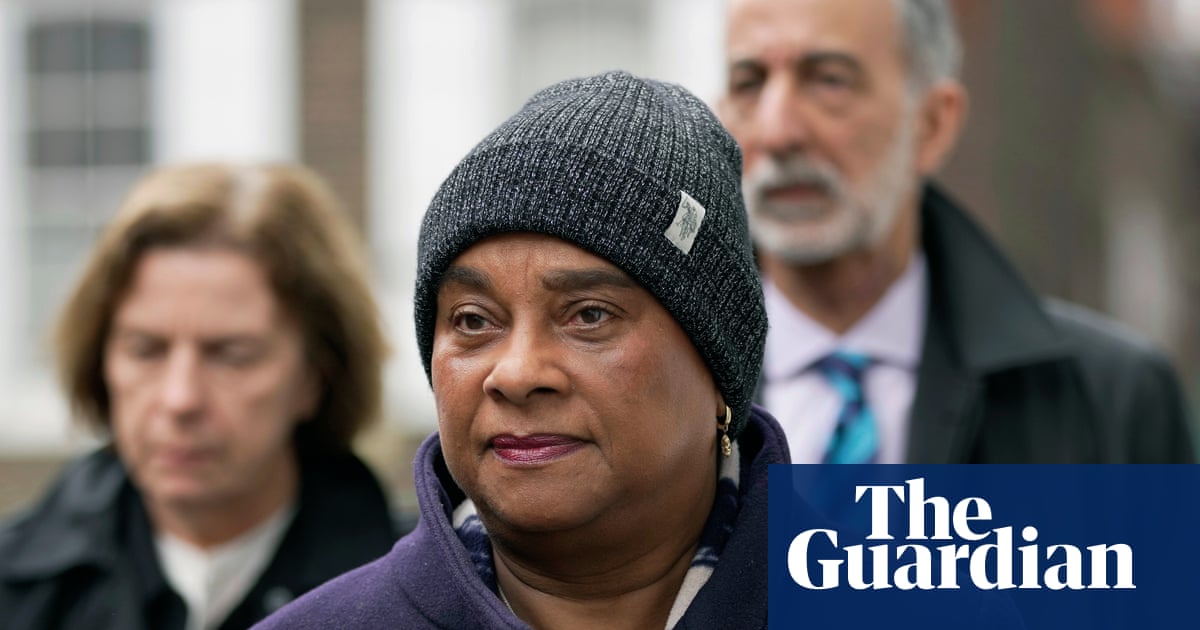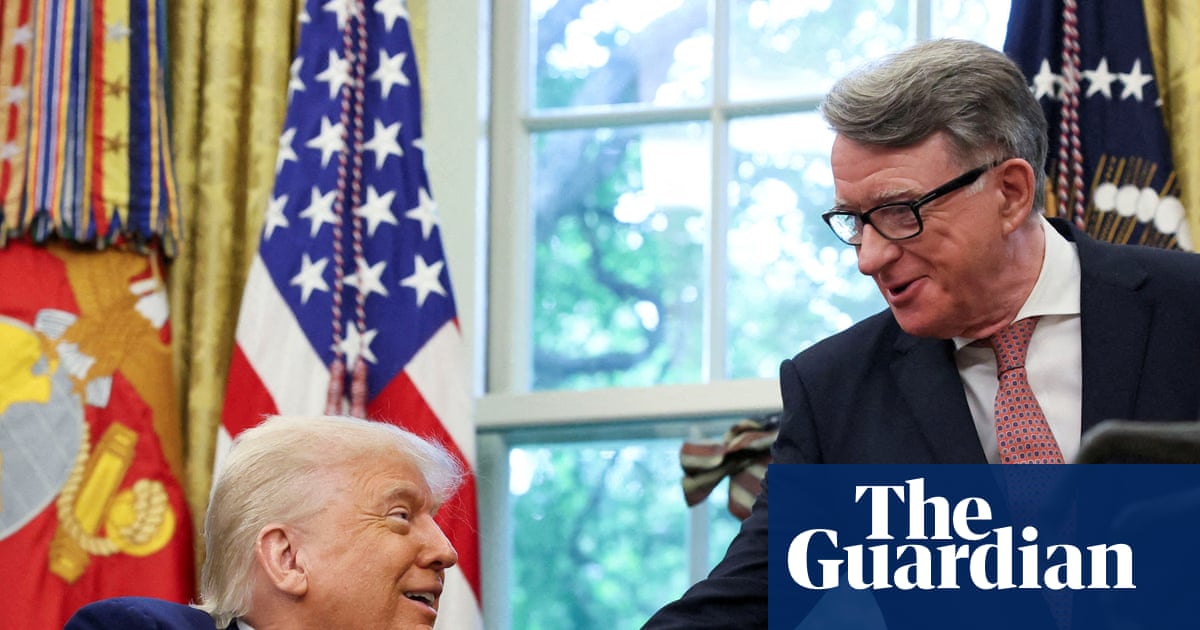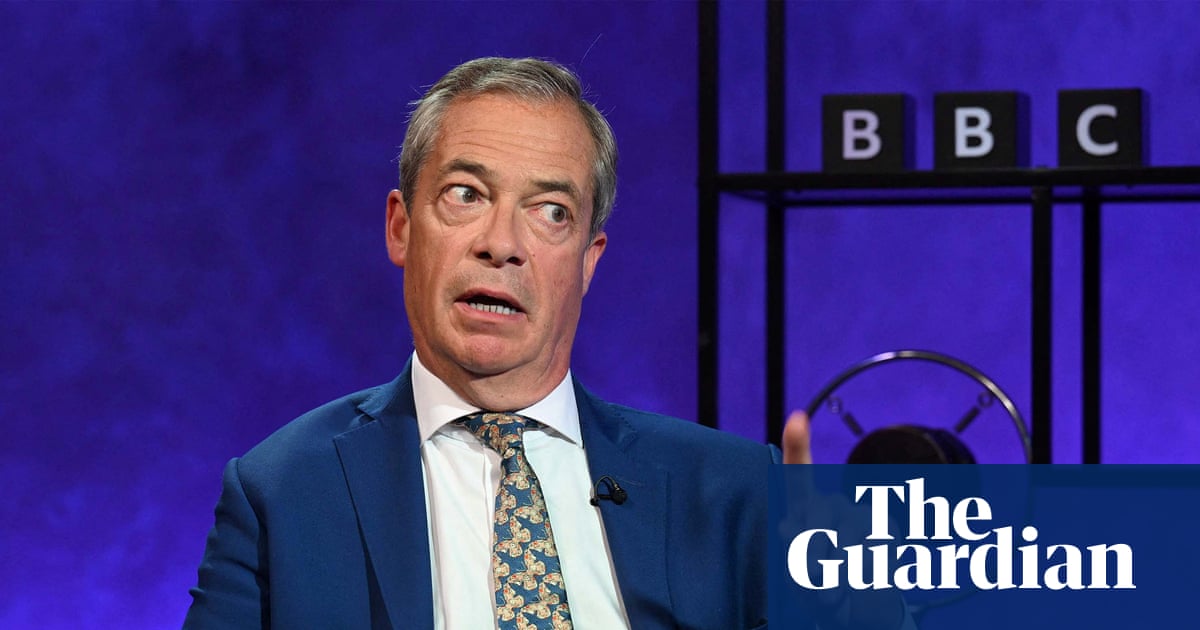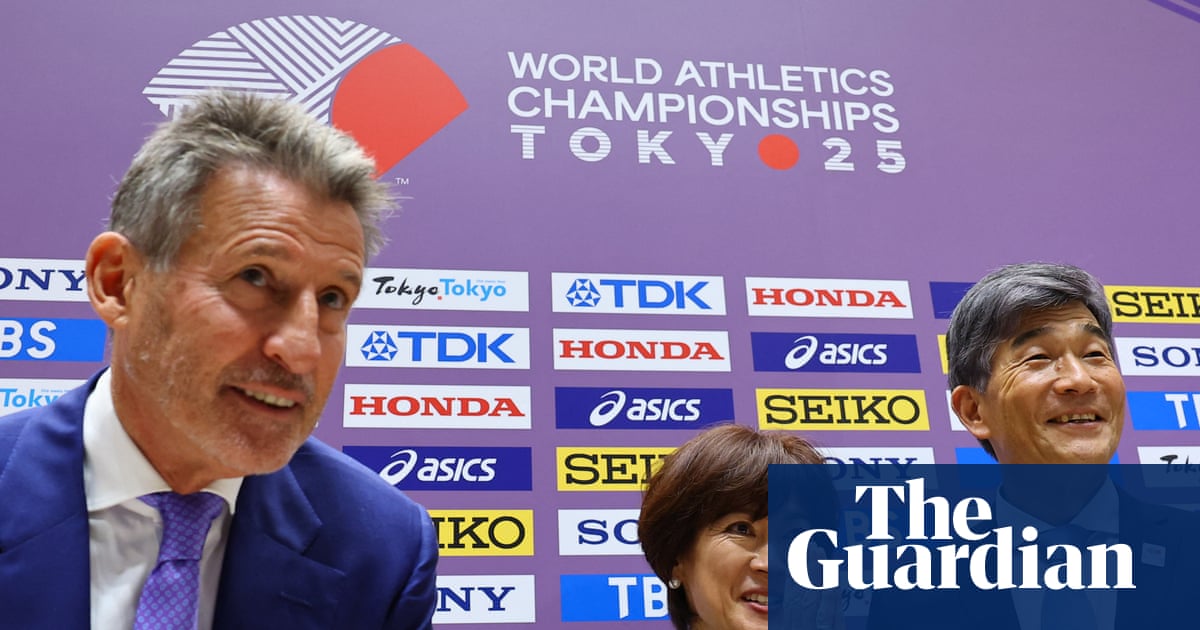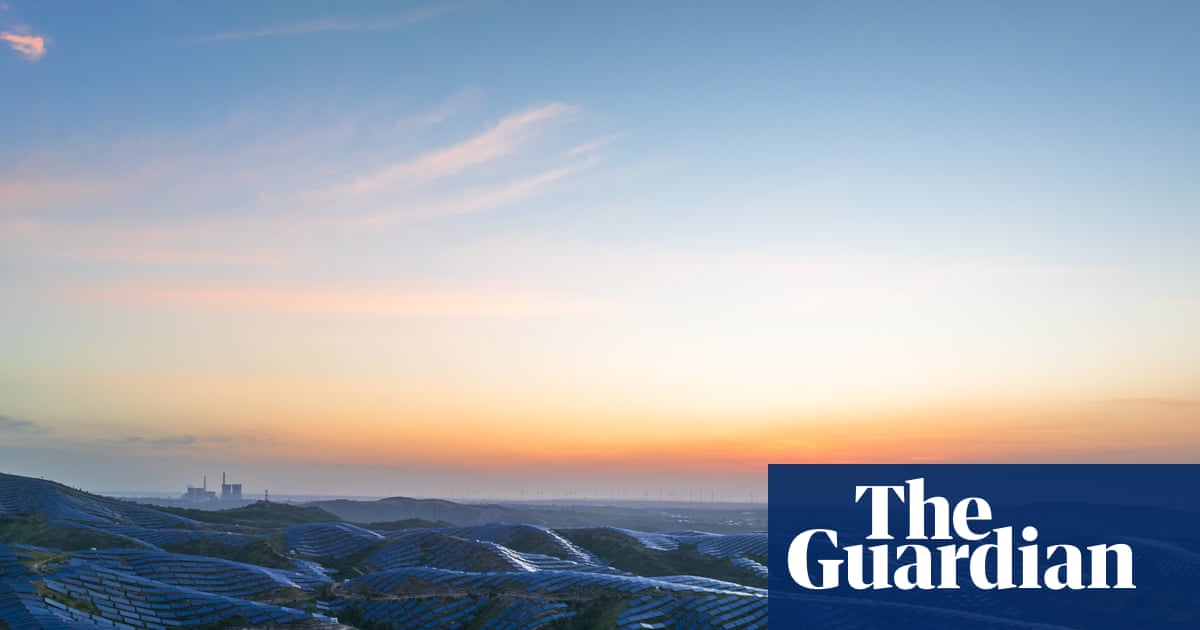The latest print edition of the Economist, which features Vietnam’s top leader on its cover, has been banned in the country, the latest instance of media censorship in the communist, one-party state.
The magazine carried an image of the Communist party General Secretary To Lam with stars on his eyes, alongside the headline “The man with a plan for Vietnam”, with an article carrying the subheading: “A Communist party hard man has to rescue Asia’s great success story”.
Vietnam has transformed over recent decades into a manufacturing powerhouse, and was one of Asia’s fastest growing economies last year. However, its export-reliant economy, which is heavily dependent on sending goods to the US, faces the threat of a 46% tariff announced early this year by Donald Trump.
Noting the need for Vietnam to transform its economic strategy, the Economist article stated: “If Mr Lam fails, Vietnam will muddle on as a low-value-added production centre that missed its moment”, adding that reforms could, on the other hand, “propel 100m Vietnamese into the developed world, creating another Asian growth engine”.
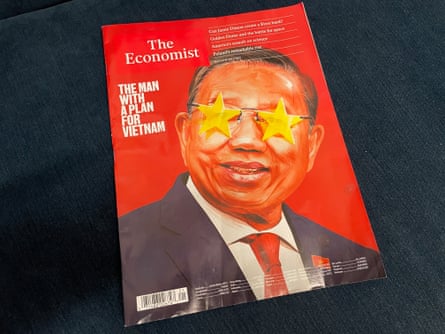
Reports by both Reuters and Bloomberg quoted unnamed distributors who said they could not obtain copies of the magazine or that it had been banned.
An unnamed executive at distributor Ngay Moi told Reuters they had been ordered to “tear off” the cover and article about Lam, adding: “Later, we were ordered not to sell it at all.”
An employee at a second distributor, Global Book Corporation, also told Reuters Vietnam’s ministry in charge of public information had banned the edition.
Vietnam’s ministry of foreign affairs and the Economist did not immediately respond to a request for comment.
Earlier this month, Vietnamese authorities ordered telecom providers to block the messaging app Telegram, accusing it of failing to cooperate with efforts to crack down on crime. An internal document reported by Reuters said that many Telegram groups “with tens of thousands of participants were created by opposition and reactionary subjects spreading anti-government documents”.
Vietnam has little tolerance for dissent and maintains a tight control on the media, with press freedom group Reporters sans Frontières ranking it as among the worst in the world for media freedoms - at 173 place out of an index of 180 countries. The group describes Vietnam as “one of the world’s biggest prisons for journalists”.
Aleksandra Bielakowska, Advocacy Officer for RSF said the decision to ban distribution of the Economist reflected the continued repression of press freedom in the country.
“It is clear that the Vietnamese authorities consider a free press a challenge to its one-party rule, and will do anything in its power to silence independent voices,” Bielakowska said, citing the case of journalist Pham Doan Trang, who has been detained for nearly five years by the regime.
“While Vietnamese authorities seek rapprochement with democracies to boost its economy, the international community as a whole must seize this opportunity to put human rights and freedom of the press on the frontline of its negotiations,” she added.

 3 months ago
105
3 months ago
105


